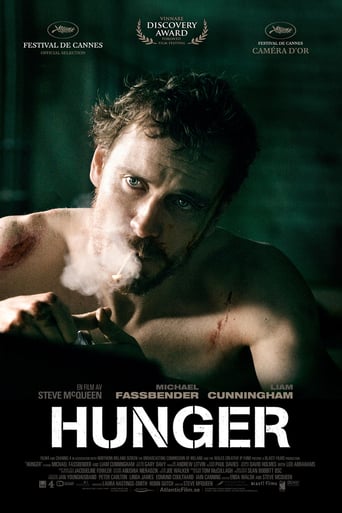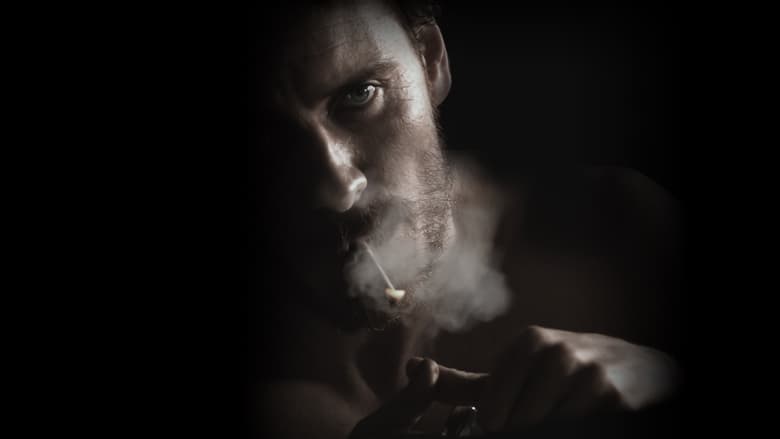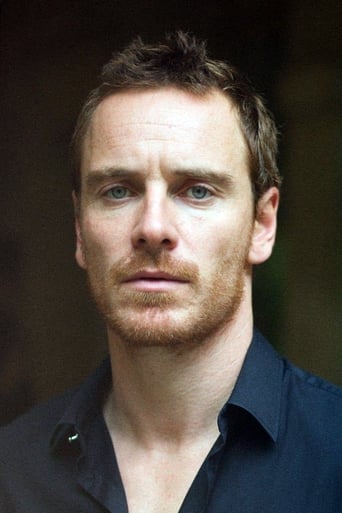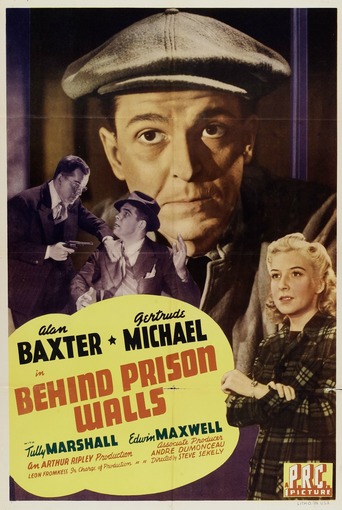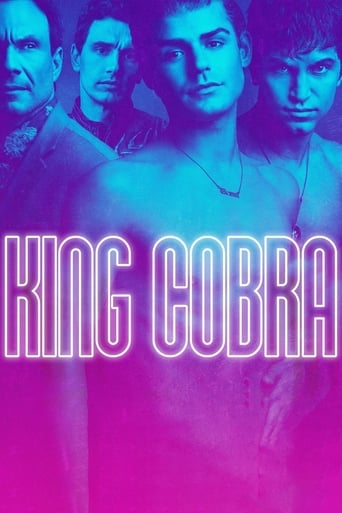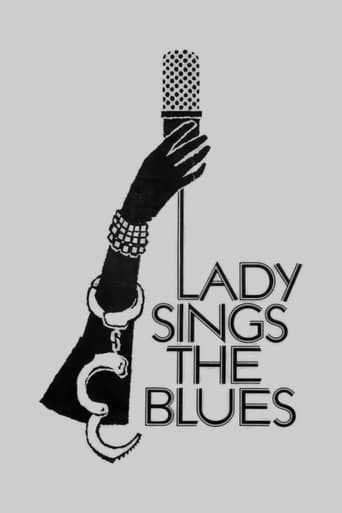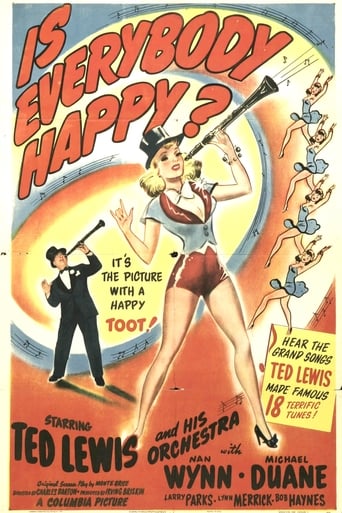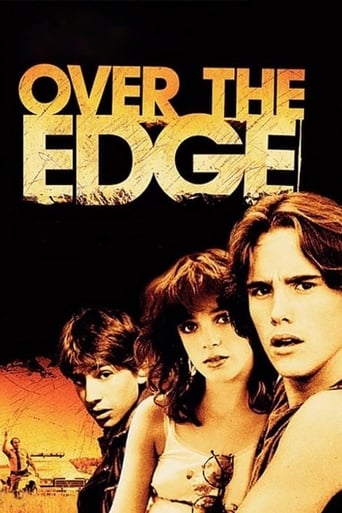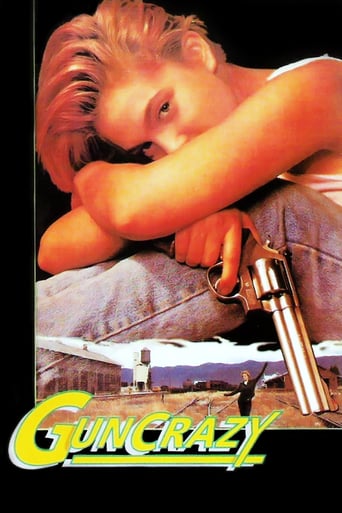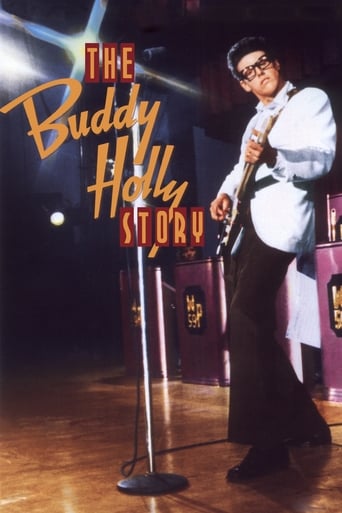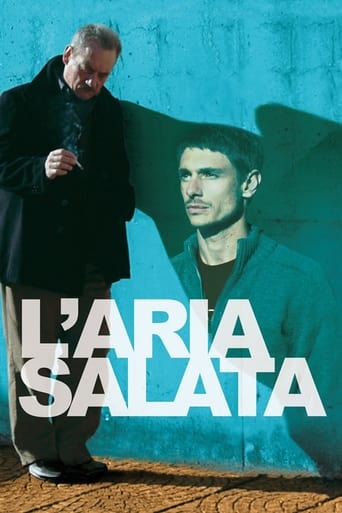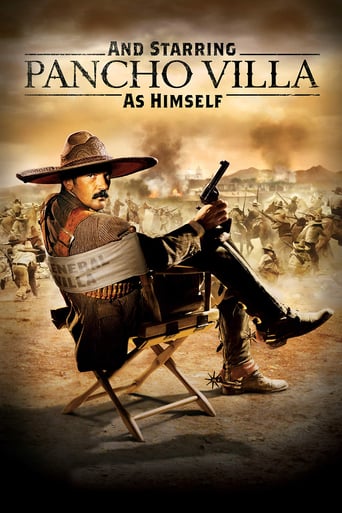Hunger (2008)
The story of Bobby Sands, the IRA member who led the 1981 hunger strike during The Troubles in which Irish Republican prisoners tried to win political status.
Watch Trailer
Cast


Similar titles
Reviews
Just perfect...
How sad is this?
Although it has its amusing moments, in eneral the plot does not convince.
Great story, amazing characters, superb action, enthralling cinematography. Yes, this is something I am glad I spent money on.
Hunger shows us Irish Republican Army (IRA) activists, whom prisoners demand to be treated as political prisoners (their goal was to separate Northern Ireland from the UK and re-emigrate to Ireland), receiving inhuman treatment, being humiliated and having to cope with daily violence, led by Bobby Sands (Fassbender), decide to go on a hunger strike to have their orders met. Not deepening in the political aspect of the story, Steve does show the dehumanization suffered by both prisoners and prison guards, beautifully done, with incredible takes, marvelous dialogues, it's a heavy film that is not easy to digest, but it's worth it to be seen. Besides, Fassbender still delivers a performance like Christian Bale in The Machinist (2004), leaving you totally paralyzed.
'Hunger' is a brutal film, at times even difficult to watch. For a relatively unknown film with a modest budget, I was impressed at just how well it was put together. It gives a very raw account of the horrific 1981 hunger strikes, with minimal dialogue and extended scenes of suffering.The atmosphere throughout the whole film is very unnerving and makes for uncomfortable, but also compelling viewing. It's very slow-moving and some of the scenes are deliberately long, but this is effective in adding to the mood of the film. My only criticism would be the lack of background given to the events in the film, but other than that, 'Hunger' is well worth watching.
Consider how Steve McQueen captures a character's morning in his debut feature film Hunger. He uses extreme close-ups to gradually unveil the strict routine of getting ready to go to work. The man is silent and efficient; he tucks a napkin into the folds of his shirt like a scientist slipping into his lab coat, and observes the food as more or less one of the many requirements of the experiment. We see him silently check under his car for a bomb, and nervously glance along the empty street. A POV spies on him from behind a curtain - it's his wife, who we realise must also undergo the same agony each morning, gripping her hands tightly together as he turns the key in the ignition. He is Maze prisoner officer Raymond Lohan, who sits alone in the cafeteria and does not indulge in locker room talk. What we observe is the learned, robotic discipline of a man who cannot afford to make mistakes or become emotionally invested in his work. McQueen offers another close-up of Lohan against a mirror, a face straining in pain. And only after have we become invested into his life and curious of his struggles does the film reveal bloody knuckles, and the revelation that another person somewhere else is in much more pain than he is. By the time McQueen returns to the same sink half an hour in, our feelings and sympathies have been changed because of what we have witnessed. For years before hitting the big screen McQueen made short films, many of which were looped as exhibits in various art galleries and museums. These roots are evident in Hunger, which eschews classical narrative and storytelling and instead opts to wade into the vague and often ill-defined territory of art film, preferring enduring images over explanations. Much of the first half of the film is filled with moments that could define it: the camera swooping over the sh*t-stained walls and finally descending onto the dishevelled figure of Bobby Sands, the slow, silent burn of a hallway leaking puddles of the protester's urine, the way the world slows down as a wall separates the beatings and a lone, sobbing prison guard, singled out for his youth and naivety. It's brutal, senseless violence, as evidenced by the wall of sound and pain that the prisoners are marshalled through, or the way water droplets hit the face of the lens as they are forcibly bathed. But as much as McQueen strives for realism with his hand-held and guttural sound design, he can't help but aestheticise until it's not merely tragedy, but grandiose tragedy. Sands has had plenty of time, and turned his own faeces into a swirling piece of art. A hole in the cell window grating allows a shaft of white light to peek through, and a prisoner marvels at a fly that crawls upon his fingertips, not merely an insect but a symbolic representation of the freedom he craves. The treatment of the final days of the martyr Sands outdoes all these. The most discussed segment of the film are the two unbroken shots of the conversation between Fassbender and Cunningham, and for good reason. Like the better cinematic priests (think Brendan Gleeson in Cavalry, or any of the religious figures in Doubt), Cunningham is inserted not as a moraliser but as his own character, able to understand the complexity of the situation and offer his own perspective. Before they descend into rhetoric they engage in small talk, as Moran teases (he doesn't object to the sacrilege of the bible for a smoke either), and McQueen is able to make us understand that this is a routine they have endured before, and that through the seventeen minutes they always come to the same impasse. Moran sympathises and does not simply condone; although Catholic doctrine states that suicide is a sin, he is more interested in Sands' end goals and well-being. Forget the eternal suffering of your soul, what about your physical body and mind now? The pair are so well-versed in the exchange that they are on the verge of cutting each other off and jumping to the next line, or at least Cunningham's Moran is, sensing that his time is running out to save this man's life. Although much has been said about the symbolic meaning behind Sands' story, the visible result is that it paints him as a man of utmost conviction, able to shoulder the burden and responsibility of darker deeds for the greater good of others. But a story simply isn't enough. There is a lot more context here, and the film deliberately avoids engaging with the historical and political baggage of the situation, diminishing it to personal struggle. It depicts the increasingly fragile state of Sands' body, dissolving untouched meal trays onto each other, shoving the camera up close and asking us to cringe and avoid averting our eyes. McQueen doesn't filter Sands' last stand through the lens of a wider protest, or evoke the desperation of a group of men resorting to their remaining weapon, but reduces it to body horror, and renders the iconic visage of Sands into a withered metaphor for determination and conviction. Fassbender may be good at this, but he lacks the symbolic connection to the thirty thousand Irish residents who voted him into the Fermanagh and South Tyrone parliamentary seat during the hunger strike, so he's merely a physical body in decay. Not that this deters McQueen, however. In his close he all but denounces the stylistic precedent already established, and resorts to burying Sands in myth, superimposing flights of birds over his body, and bathing him in angelic light to transform his plight into rapturous martyrdom. No doubt Cool Hand Luke and Michelangelo's Pietà were consulted. And finally McQueen stumbles clumsily into formalism, revealing a younger Sands surveying the piety of the almost deceased older Sands, yet it almost seems to be a look of pity.
There are these moments of extreme brutality and of booming silence. The film feels like a perfect composition of nearly scientifically observation. Historical Information are gentle prepared in the story that there is no didactic moment. The film mentions to the empathy of all human beings, showing us colleagues, families, lovers and parents, this goes beyond understanding to reach pure feeling. The perfectly soundtrack and main theme is an impulsive understatement and also in perfect harmony as an piece of art itself; the soundtrack is not illustrating the pictures, it adds a rhythm, a way of interpret the Narration.

